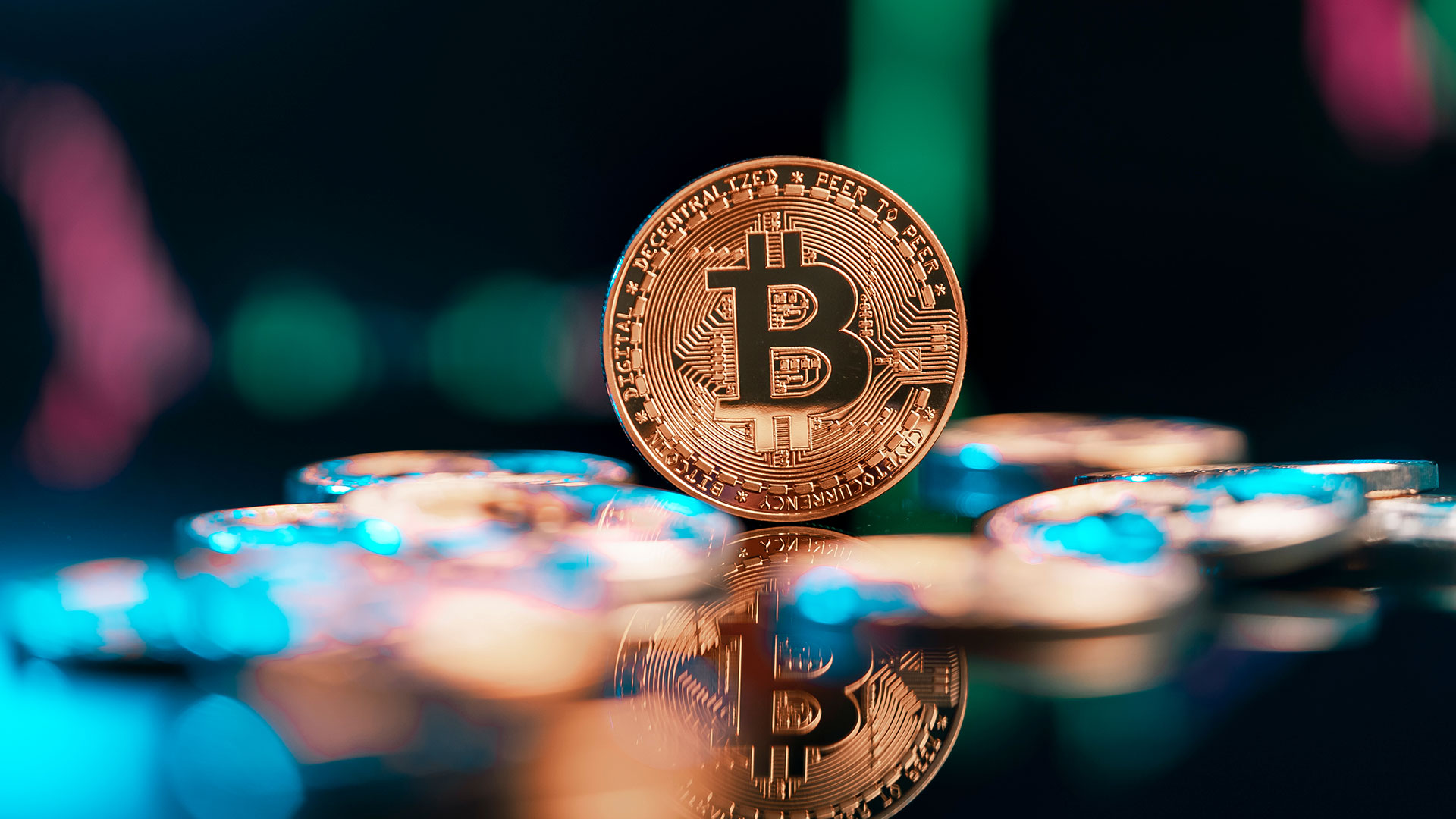As bitcoin became legal tender in El Salvador last week, many hailed the move as giving the cryptocurrency the status it deserves. Meanwhile, others viewed it as a monetary experiment that demonstrates exactly why it should not be legally recognised. But what is legal tender anyway?

It was either a stroke of genius, or the worst idea ever. Depending on who you speak to, the push by El Salvador’s President Nayib Bukele to make bitcoin legal tender was either progressive and forward-thinking, or it was a reckless, foolish decision that could plunge the economy into crisis.
With the country’s bitcoin law going into effect, the cryptocurrency became legal tender and an official currency alongside the US dollar. The rationale was to promote financial inclusion for the vast majority of the population (approximately 70%) who don’t have bank accounts. And it would avoid the fees associated with workers’ remittances – a significant contributor to El Salvador’s economy. Also, by giving an alternative to the US dollar it is a way for the country to de-dollarise and become less influenced by US monetary policy.
What it is influenced by, however, is the value of bitcoin relative to the dollar, thus exposing the country – and its people – to a massive currency risk. If shops are buying stock in dollars, for example, they could find it unaffordable to restock their shelves. At a broader level, the nation’s finances could be crippled if tax revenue gets decimated by a drop in the value of bitcoin. This in turn could affect the confidence of investors, in sovereign bonds for example, and exacerbate an economic freefall.
The switch to bitcoin got off to a shaky start, with massive queues reported at cash machines, where people were lining up to convert the free incentive bitcoin they were given by the government into US dollars. (They found the value of bitcoin had dropped while they were waiting). Also, the bitcoin e-wallet Chivo was overloaded with users and had to be suspended.
Much of the reporting of bitcoin as legal tender has focused on shops accepting it as payment. However, the definition of legal tender isn’t really about the accepting of payments.
In the UK, for example, legal tender is typically discussed in terms of whether shops will accept a certain kind of payment. It is commonly believed that English banknotes are legal tender in Scotland and vice versa and therefore shops have to accept them. However, this is not the case. In fact, just to confuse things, English banknotes are not legal tender in Scotland, and Scottish notes aren’t legal tender in either England or Scotland. Shops do not have to accept it if they do not want to; they can accept anything they like for payment.
In the UK, the definition of legal tender is not about paying for things – it is about the settling of debts. If you owe someone money and you repay them in legal tender, they cannot then sue you for failing to repay the debt. In England and Wales, legal tender is Royal Mint coins and notes from the Bank of England, whereas in Scotland and Northern Ireland, it’s only the coins that are legal tender. Except when they’re not. You can’t, for example, buy a house or a car with penny coins. And the Royal Mint’s commemorative coins, which are technically legally tender, don’t have to be accepted by shops or banks. One collector, who bought £100 coins on his credit card to earn airmiles – with the plan of cashing them at the bank to pay the card bill – found to his dismay that banks wouldn’t accept them. He was left with £23,900 of coins that couldn’t be converted.
In El Salvador, however, shops have been mandated to accept bitcoin, unless it is technologically impossible for them to do so. It is anyone’s guess how this monetary experiment will pan out, but bitcoin is becoming more mainstream in the process.